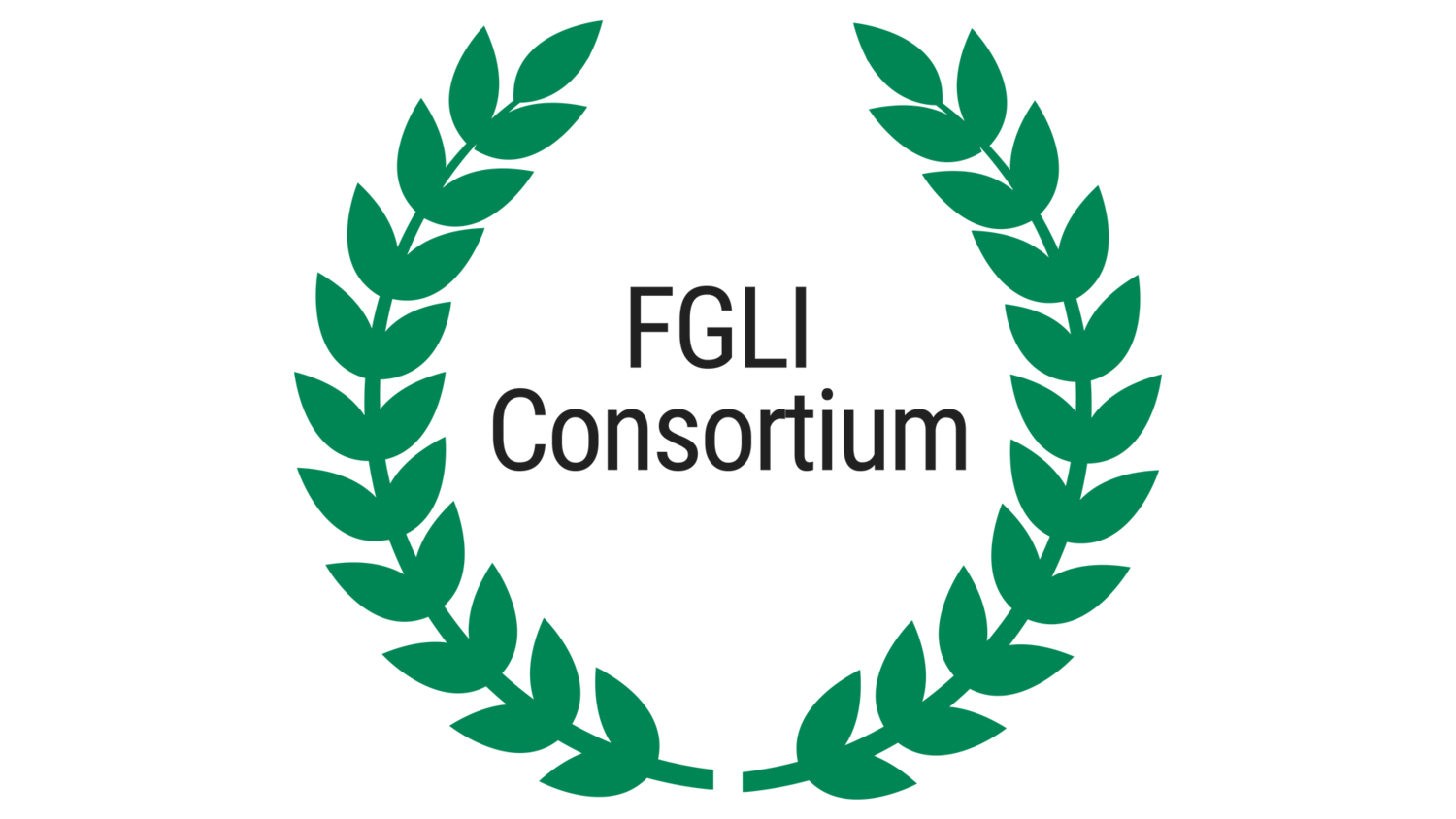ABOUT THE FGLI CONSORTIUM
Vision
We aspire to a transformed higher educational system–one redesigned to ensure that all students, especially those who face barriers in their pursuit of education, have an equitable opportunity to thrive intellectually, personally, and socially.
Mission
The FGLI (First-Generation, Lower-Income) Consortium is a national non-profit organization serving faculty and administrators by providing community, resources, and thought leadership around the experiences of first-generation and/or lower-income college students at selective universities and colleges – institutions where FGLI students have historically experienced barriers to access and success, and have thereby been underrepresented.
Approach
We build a close knit professional community of administrators and faculty at these institutions, centering generous knowledge-sharing and affirming the identities and experiences our colleagues bring to this work. We serve as thought leaders at and to selective colleges and universities across the nation – both implementing and consulting on asset-based practices and policies that uplift and support FGLI students in these contexts, with a focus on access and success. In this spirit, we also partner with colleagues in non-profit, community-based, and related organizations who aim to create pathways for their students to the very institutions where we do this work.
Letter from our executive committee
FGLI Consortium Executive Committee (Left to Right): April Ruiz, Kourtney Cockrell, Khristina Gonzalez, and Devon Moore
December 2024
Dear FGLI Consortium friends,
The end of the year is a perfect moment for reflection and gratitude. At the top of our list is you – the members, partners, and allies of the FGLI Consortium. From our webinars and virtual office hours to our Colloquium and Conference, it has been a joy to learn alongside you in the past year. Our institutions and our students are fortunate to have each and every one of you, and we are grateful to have you in our community.
At our Annual Conference in November, we focused on “Persistence After Progress,” which allowed us to reflect on how far the work of uplifting FGLI students has come, and to strategize together on how best to ensure these gains are maintained. These questions will take on new dimensions in 2025 as we track possible changes impacting higher education – many of which might affect the students and programs we support. As we look ahead to the coming year, we already have webinars and other learning spaces planned to equip and empower us to hold strong in our commitments. As ever, we will hold each other up as we push forward in our work. We look forward to having you alongside us.
Whether you have just discovered us or you’ve been part of this organization from the very beginning, you are what makes our community special. Thank you for being a part of it.
Wishing you and yours a warm and bright new year,
April, Devon, Khristina, and Kourtney
The FGLI Consortium Executive Committee:
Kourtney Cockrell, JPMorgan Chase | formerly Northwestern University
Khristina Gonzalez, Princeton University
Devon Moore, ScholarMatch | formerly The University of Chicago
April Ruiz, Wesleyan University
History
In August 2017, a group of administrators from institutions around the country convened at Northwestern University to discuss how we might share knowledge and best practices for our work supporting and empowering our FGLI students. Shortly after, the FGLI Consortium was launched as a national organization, providing leadership, expertise, and resources around the experience of first-generation and/or lower-income college students at highly selective universities and colleges.
The Inaugural FGLI Consortium Conference took place at Princeton University on February 18, 2018. Close to 100 faculty and administrators convened at Princeton to take a deep dive into the most pressing issues facing FGLI administrators and faculty. For two and half days, attendees came together to hear from inspirational speakers and presenters who challenged the group to think radically about transformational change that ensures first-generation and low-income students thrive at highly selective institutions. To learn more about the inaugural conference, visit this story from Princeton News.

